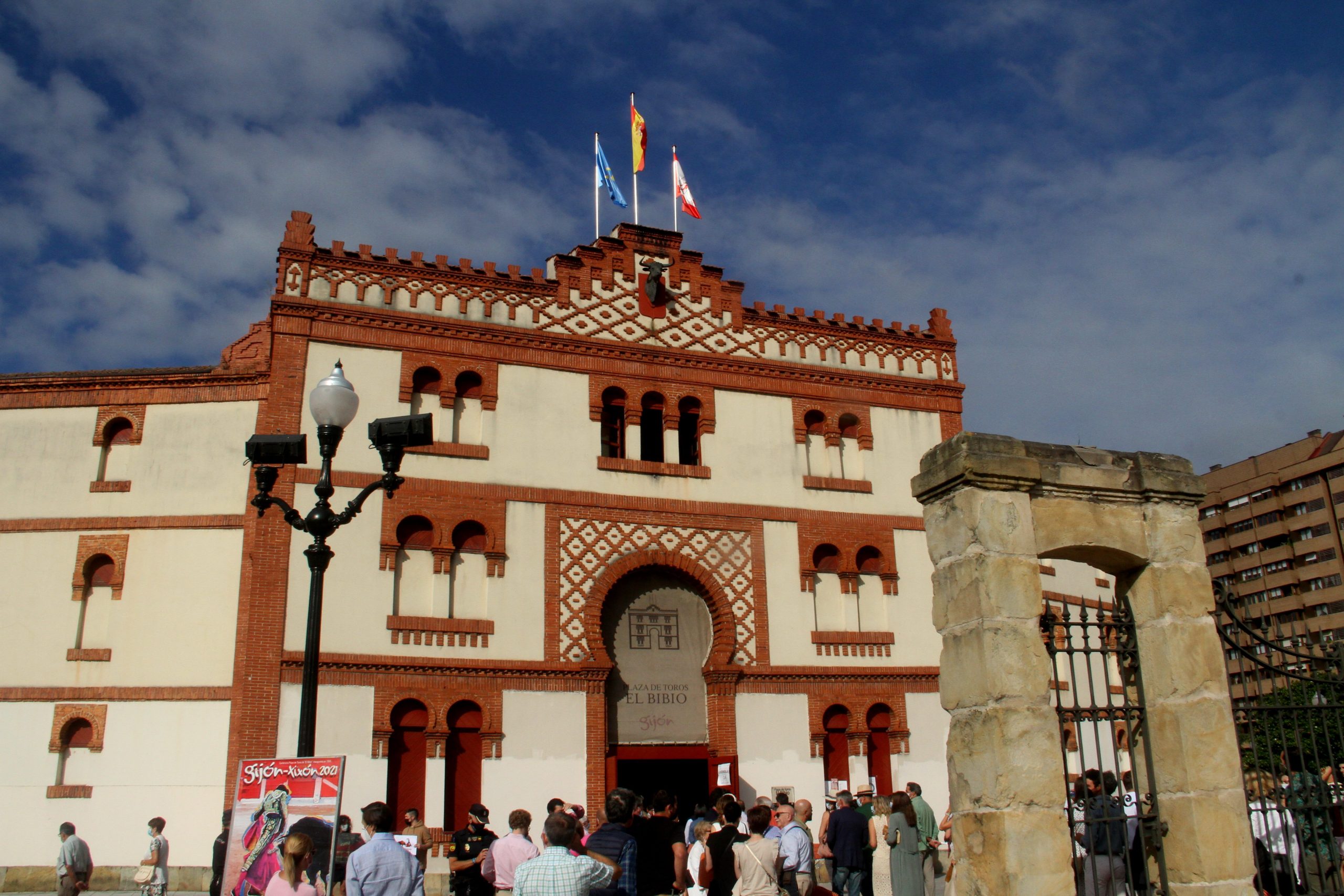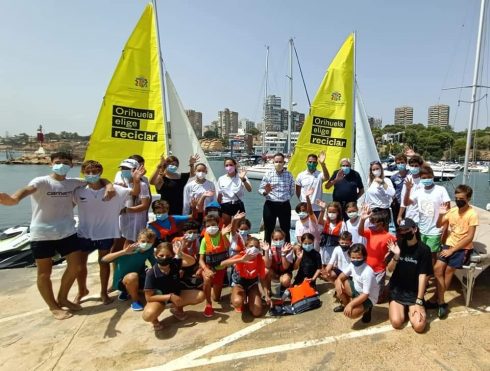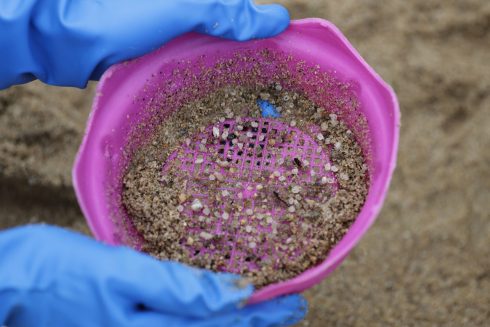GIJON in northern Spain’s Asturias region has become the latest city in Spain to ban bullfighting after a row over the names of the bulls slaughtered in the ring.
Socialist mayor, Ana Gonzalez, announced an end to the spectacle on Wednesday at the close of the annual Begoña fiesta which saw three corridas take place with six bulls slayed in each.
The motivation for the ban was not, however, part of the growing movement against bullfighting driven by animal welfare concerns.
Instead the suspension followed general outrage over the naming of the bulls picked to be killed in the ring.
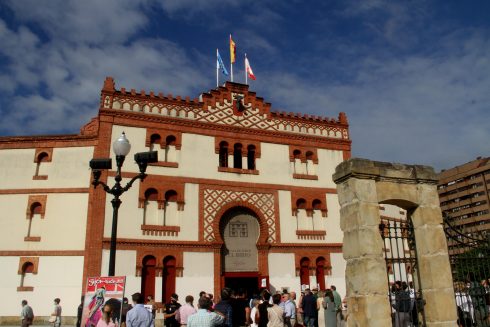
Those bulls considered to have ‘offending’ names included ‘Feminista’ and ‘Nigeriano’ – Feminism and Nigerian – who were killed by the matador Morante de la Puebla.
Gonzales insisted the nomenclature had “crossed several lines”.
“A city that believes in the equality of women and men, that believes in integration and equal opportunity… Cannot allow this sort of thing to happen,” she told the local paper, El Comercio.
But she admitted that the tide had been turning against bullfighting with fewer residents supporting it and that this had been the last straw.
“Bulls have been used to express an ideology contrary to human rights and that is where the City Council draws the line,” she said.
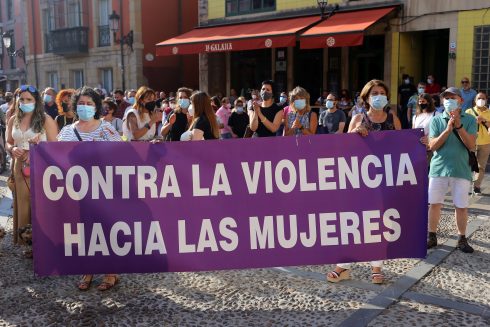
The decision to ban future bullfights in Gijon has enraged those within the bullfighting community.
The breeder of the two questionably named bulls that sparked the controversy insisted the ‘absurd reasoning’ behind the decision showed an ignorance of how fighting bulls got their names.
“The bulls have had these names since they were born. They are tagged with the masculine form of the name of their mother,” explained Daniel Ruiz. “The bull is named after his mother, after his grandmother, after his great-grandmother, after his great-great-grandmother … And so on many generations ago. We have historical names going back fifty years.”
He said the original Feminista and Nigeriana were acquired by the ranch in 1986 and the name had been passed down ever since.
The Union of Fighting Bull Breeders said the names had ‘been taken out of context and used to stir controversy.”
READ ALSO:
- Animal welfare activists demand cancellation of Spain’s Cordoba bullfighting festival
- Anti-bullfighting protesters battle for a total ban after first corrida in Spain following coronavirus lockdown
- Hemingway, my dad and running the bulls of Pamplona

